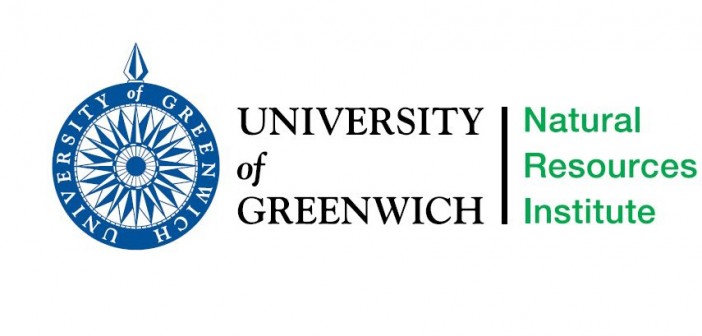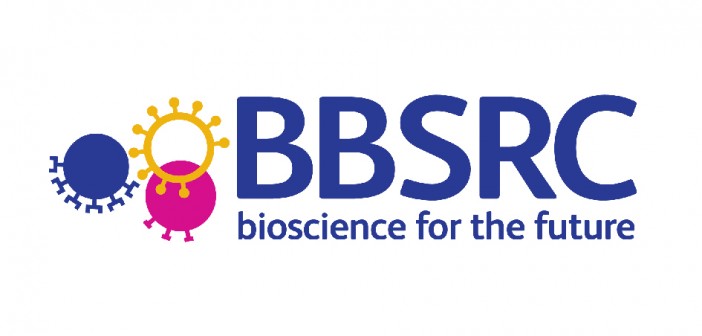Dr Richard Colgan, of the Natural Resources Institute (NRI) is to build on crop storage work from the horticultural sector in one of three AHDB Potatoes awarded fellowships.
Using apparatus and expertise from the fruit sector, the three year programme will investigate the effects of mineral nutrition on the storage behaviour of tubers. Specifically, the work will examine resistance to senescent and low temperature sweetening, alongside the impact of respiration and diffusion characteristics on the long-term storage potential of tubers.
Assisting Dr Colgan in the project will be Cláudia Gonçalves da Silva Carvalho. She will initially undertake short placements within industry before commencing an 18 month postdoctoral position in the second half of the Fellowship.
Commenting on the project, Adrian Cunnington, head of the Sutton Bridge storage facility, said, “Potatoes coming out of storage have to meet specific customer quality levels or else be threatened with rejection. Having the ability to identify and assess threats and predict what happens next in storage helps growers to make the right choices to keep tuber quality consistent; and this project will bring forward the ability to make those decisions.”

Photo Credit: University of Greenwich
The post £150K potato storage fellowship cultivates cutting edge fruit research appeared first on Hort News on 10 Feb 2016.

